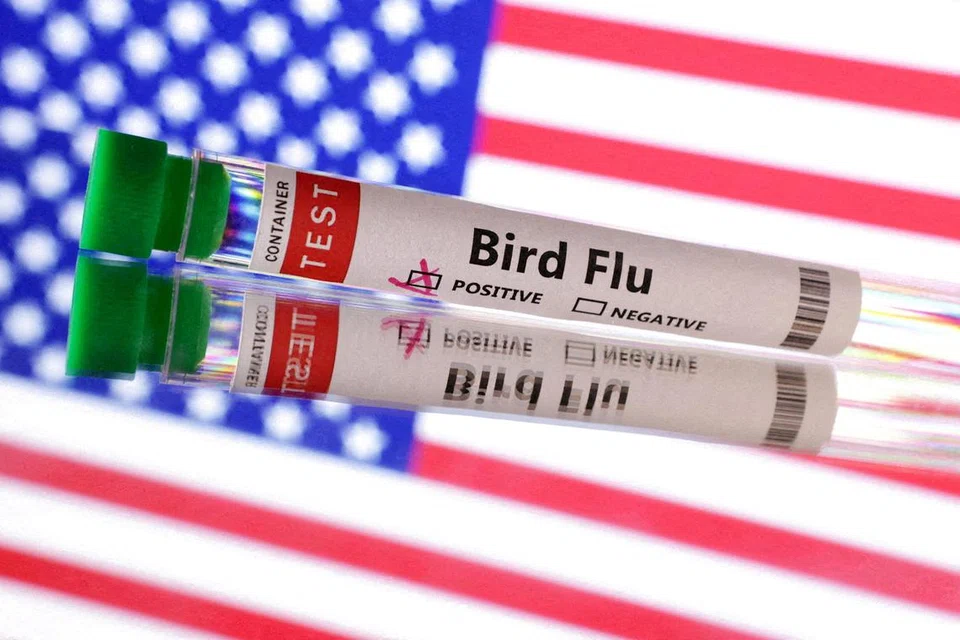
The bird flu virus detected in a critically ill U.S. patient has shown mutations making it better adapted to human airways, according to the Centers for Disease Control and Prevention (CDC). However, authorities confirmed there is no evidence of the mutated virus spreading beyond the individual.
The elderly patient, hospitalized in Louisiana with a severe H5N1 infection, remains in critical condition. The CDC's analysis, posted on its website Thursday, found that a small percentage of the virus in the patient’s throat carried genetic changes that may enhance its ability to bind to cell receptors in the human upper respiratory tract.
Significantly, these mutations were not found in birds, including the backyard poultry flock suspected of initially infecting the patient. Instead, the CDC concluded that the mutations likely arose from the virus replicating within the severely ill patient.
“No transmission of the mutated virus to other humans has been identified,” the CDC stated.
Virologists emphasized that while the mutation could represent a step toward easier transmission between humans, it is not conclusive evidence of an increased threat.
“This is one step that is needed to make a more efficiently transmissible virus,” said Angela Rasmussen, a virologist at the University of Saskatchewan, “but it’s not the only step.” She added that further testing is required to determine if the mutation enhances the virus’s ability to enter human cells.
Similar mutations have been observed in previous cases of severely ill bird flu patients without triggering widespread transmission. “It’s good to know that we should be looking out for this,” Rasmussen said, “but it doesn’t actually tell us, ‘Oh, we’re this much closer to a pandemic now.’”
Thijs Kuiken of Erasmus University Medical Center in the Netherlands echoed her caution, noting that efficient binding to human respiratory cells is “necessary, but not sufficient” for sustained human-to-human transmission.
Rasmussen expressed greater concern over the overall high levels of bird flu circulating globally. The CDC has reported 65 confirmed human cases in the United States in 2024, with many more likely undetected among dairy and poultry workers.
This widespread circulation, Rasmussen warned, increases the risk of “reassortment” between bird flu and seasonal flu viruses, potentially causing rapid evolutionary changes. Such processes have been linked to past pandemics, including those in 1918 and 2009.
Comments
Post a Comment